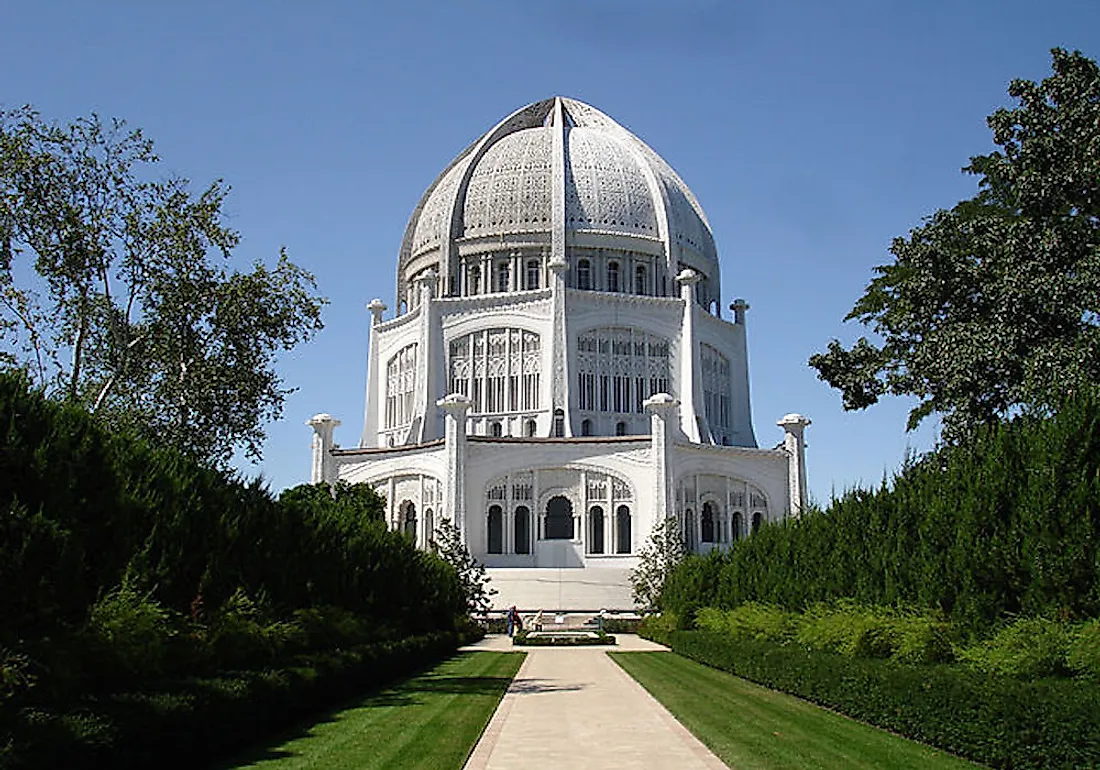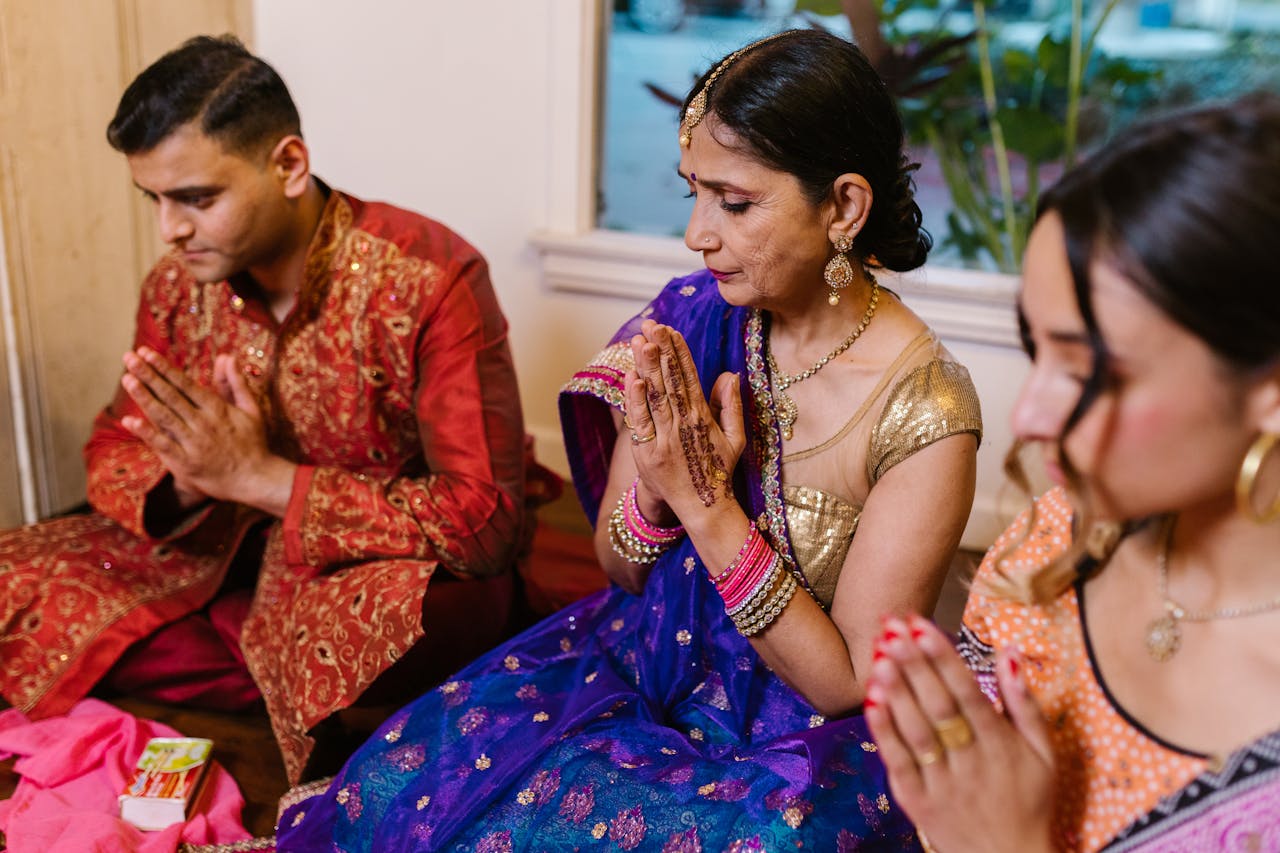The Bahá'í Faith: Principles and Global Impact
The Bahá'í Faith, founded in the mid-19th century by Bahá'u'lláh in Persia (modern-day Iran), is one of the world’s youngest and most widespread religions. It emphasizes the spiritual unity of all humankind and advocates for principles that promote global peace and unity. This article explores the core principles of the Bahá'í Faith and its impact on the global stage.


Core Principles of the Bahá'í Faith
Unity of God and Religion
- Monotheism: The Bahá'í Faith is monotheistic, recognizing one God who has revealed His will progressively through various Manifestations, including Abraham, Moses, Jesus, Muhammad, Krishna, Buddha, and Bahá'u'lláh.
- Progressive Revelation: Bahá'ís believe that religious truth is revealed progressively by God through His Manifestations. Each revelation builds upon the previous ones, addressing the needs of the time.
Unity of Humanity
- Oneness of Humankind: A fundamental principle is the oneness of humanity. Bahá'ís believe that all people are created equal and that cultural, racial, and national distinctions should not lead to discrimination or prejudice.
- Elimination of Prejudice: The faith advocates for the elimination of all forms of prejudice, whether based on race, gender, nationality, or religion.
Equality of Men and Women
- Gender Equality: The Bahá'í Faith teaches that men and women are equal and should have equal opportunities in all spheres of life. This principle emphasizes the importance of women’s education and participation in community affairs.
Universal Education
- Compulsory Education: Bahá'u'lláh emphasized the importance of universal education, asserting that education should be compulsory for all children. Education is seen as a means to achieve personal and societal development.
Harmony of Science and Religion
- Complementarity: Bahá'ís believe that science and religion are complementary, both necessary for the advancement of civilization. Science without religion leads to materialism, while religion without science leads to superstition.
World Peace and Governance
- Global Governance: The faith advocates for the establishment of a global government to ensure peace and security. Bahá'ís believe in the need for collective security, a global federation, and the rule of international law.
- Peaceful Resolution of Conflicts: Bahá'ís are encouraged to engage in peaceful conflict resolution and to support efforts that promote international understanding and cooperation.
Global Impact of the Bahá'í Faith
Community Building
- Local and National Communities: Bahá'ís are organized into local and national communities, each with elected administrative bodies called Spiritual Assemblies. These assemblies manage community affairs and promote social and economic development.
- Grassroots Activities: Bahá'í communities engage in grassroots activities such as children’s classes, junior youth empowerment programs, study circles, and devotional gatherings to foster spiritual and community development.
Social and Economic Development
- Development Projects: Bahá'í communities worldwide undertake development projects focusing on education, health, and sustainable development. These projects aim to uplift communities and promote self-sufficiency.
- Collaboration with NGOs: Bahá'ís collaborate with non-governmental organizations and international agencies to address global challenges like poverty, illiteracy, and environmental degradation.
Promotion of Human Rights
- Advocacy: The Bahá'í International Community (BIC), an NGO representing Bahá'ís worldwide, advocates for human rights and participates in United Nations forums. The BIC addresses issues such as the rights of women, religious freedom, and the elimination of racial discrimination.
- Persecution Awareness: Bahá'ís have faced persecution, particularly in Iran, where the faith originated. The global Bahá'í community works to raise awareness about these human rights abuses and advocates for the protection of Bahá'í communities.
Interfaith Dialogue
- Building Bridges: The Bahá'í Faith actively promotes interfaith dialogue and cooperation. Bahá'ís participate in interfaith councils and initiatives to build bridges between different religious communities and promote mutual understanding.
- Common Values: By emphasizing common spiritual values and the unity of religious teachings, Bahá'ís contribute to a more inclusive and harmonious global religious landscape.
Educational Initiatives
- Bahá'í Schools and Institutes: Bahá'í-inspired educational institutions, such as schools and training institutes, provide quality education and moral development. These institutions often serve diverse populations and contribute to community well-being.
- Literacy Programs: Bahá'í communities implement literacy programs to enhance educational opportunities, particularly for women and children in underserved areas.


The Bahá'í Faith, with its principles of unity, equality, and peace, offers a vision for a harmonious global society. Through community-building efforts, social and economic development projects, human rights advocacy, interfaith dialogue, and educational initiatives, the Bahá'í Faith has made significant contributions to promoting global unity and understanding. As the world continues to face complex challenges, the Bahá'í principles provide a framework for collective progress and the betterment of humanity.












